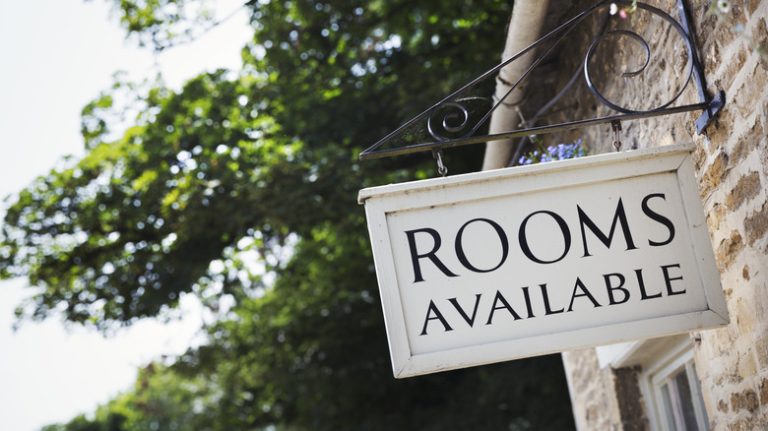
In March 2025, the Federal Reserve Bank of Boston reported that inflation and rising costs were pressuring retirement budgets across New England. However, New Hampshire still remains affordable on average and provides a solid quality of life. According to World Population Review, a public cost-of-living data aggregator, the state’s 2024 cost-of-living index was 112.6, significantly lower than Massachusetts at 145.9 and slightly below Vermont’s 114.4. Retirees in New Hampshire spend less on groceries, utilities, and healthcare compared to residents of neighboring states, allowing them to keep more money in their monthly budget and safeguard their retirement savings from inflation.
Concord, the state capital, enhances this affordability with safety and community. Officially becoming the capital in 1808, Concord offers a median rent of $1,360 from 2019 to 2023, as per the U.S. Census Bureau. This is below the New Hampshire state median of $1,423 and significantly less than places like Walpole, Massachusetts, where the median gross rent reached $2,070 during the same period. For retirees, this affordability is crucial in planning their retirement effectively.
Why Concord’s housing works for retirees

Concord is advantageous for retirees when considering housing costs and taxes. Zillow indicates that the average home value in Concord was $441,957 in May 2025. This is considerably lower than nearby Bow at $591,703 or Pembroke at $455,462. Concord’s housing prices are over $150,000 less than Bow’s, offering a significant financial benefit for those aiming to stretch retirement savings or purchasing on a fixed income.
The city also provides targeted property tax relief for seniors, one of the most beneficial tax breaks for homeowners. According to the City of Concord, seniors aged 65 to 74 receive an $80,000 deduction on their property’s assessed value, increasing to $131,000 for ages 75-79, and $223,000 for those 80 or older. However, there are income limits: singles must earn below $44,100, and couples below $63,000, with assets under $150,000, excluding the house. Concord’s 2024 tax rate was $27.69 per $1,000 of assessed value. These tax breaks significantly reduce tax liability in retirement, potentially saving hundreds or thousands on the annual property tax bill.
Concord’s senior living communities offer a range of options. Havenwood Heritage Heights lists independent living starting at $1,740 a month, with assisted living beginning around $4,660, aligning Concord with some of the most affordable assisted living costs nationwide.
Concord’s top perks for senior living

In Concord, retirees can enjoy a fulfilling retirement lifestyle affordably. Concord Hospital serves as the main medical center in the area. As a teaching hospital affiliated with Dartmouth Geisel School of Medicine, it operates as a Level II Trauma Center, providing advanced care for various medical needs. The emergency department treated approximately 74,000 patients in 2024, making it the busiest in New Hampshire. This is significant as healthcare is often an overlooked retirement expense. For routine health needs, Dartmouth Hitchcock Clinics Concord offers primary care, lab tests, and X-rays, ensuring easy access to healthcare services close to home.
Seniors in Concord can also benefit from the city’s transit options. As per Concord Area Transit, the Senior Transit program is free for individuals aged 60 and above, providing transportation to medical appointments, grocery stores, and social events on Mondays, Wednesdays, and Fridays, eliminating the costs and stress associated with driving.
Concord also enriches daily life with cultural attractions. The McAuliffe-Shepard Discovery Center spans 45,000 square feet, featuring interactive science and engineering exhibits, a full-dome digital planetarium, and an observatory. The city boasts vibrant arts venues and community events, where people gather and connect. For instance, the Capitol Center for the Arts hosts Broadway shows and major events in its 1,304-seat theater.
“`






